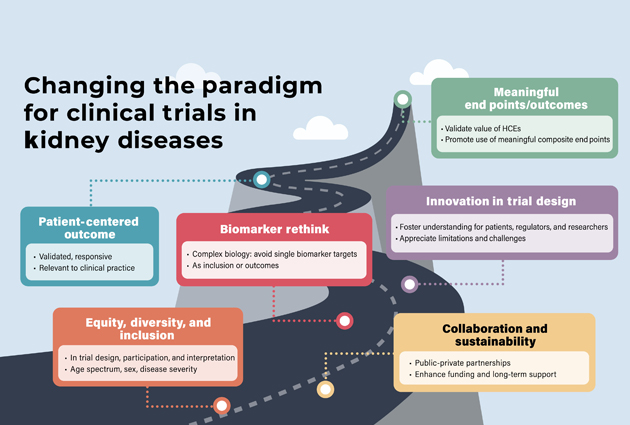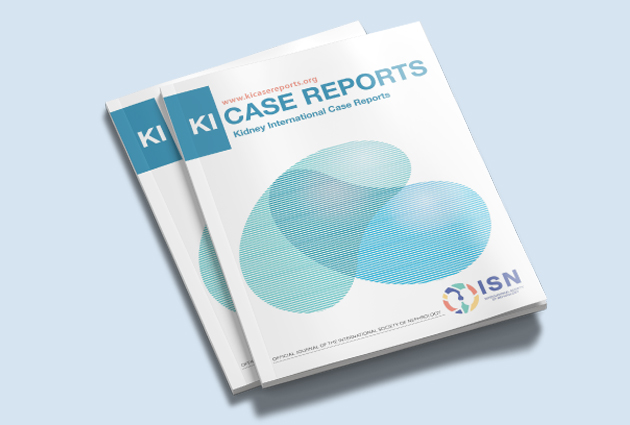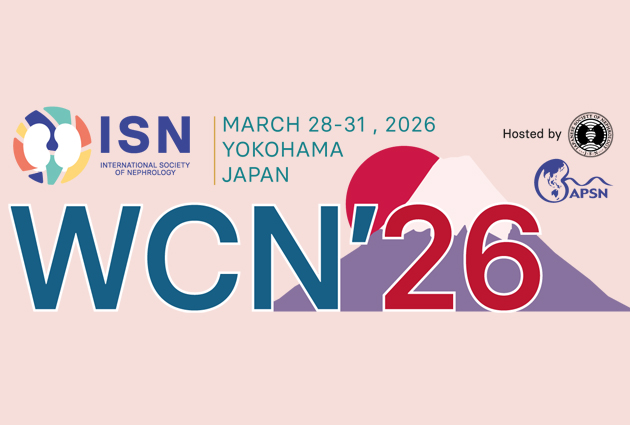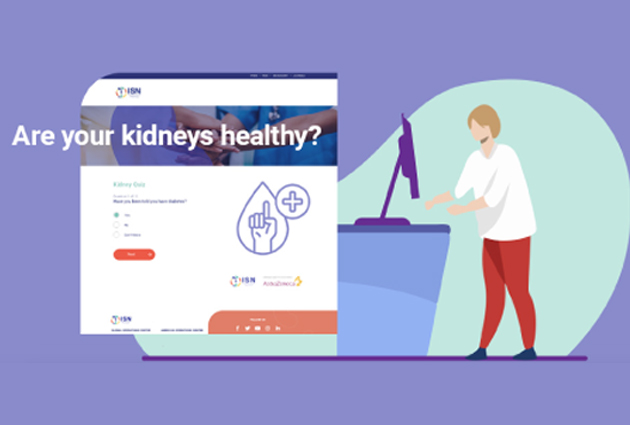Sleep-HD Trial Results: The Quest Continues for an Effective Therapy For Insomnia in Hemodialysis Patients
Read all global trial selections from the ISN-ACT initiative here. The “trial of the month” is available in several languages. In addition, selected clinical trials are demystified for the layperson.
ISN-ACT Global Trials Focus editorial team member Megan Borkum summarizes the design and outcomes of one of the ISN-ACT Global Trials Focus’s latest trial selections.
Effectiveness of existing insomnia therapies for patients undergoing hemodialysis: a randomized clinical trial (RCT)
Mehrotra et al. Ann Intern Med. 2024;177(2):177-188.
Summary
In this multicenter, placebo-controlled trial, 126 patients undergoing 3x/week community-based hemodialysis (HD) who suffered from mild to moderate insomnia, defined as having an Insomnia Severity Index (ISI) score ≥10 and reported sleep disturbance for ≥3 nights/week for 3 months, were included.
Participants were randomly assigned to three groups in a 1:1:1 ratio: Telehealth cognitive-behavioral therapy (30 minutes weekly via Zoom) for insomnia (CBT-I), trazodone 50-100mg, or placebo for 6 weeks. About half the patients were female and 20% were Black, which differs from the United States Renal Data System (USRDS) population, which typically comprises a higher proportion of Black individuals.
At week 7, the change in the primary outcome of ISI score from baseline was similar among the three groups. The CBT-I group showed a change of -3.7 (95% CI, -5.5 to -1.9), the trazodone group showed a change of -4.2 (95% CI, -5.9 to -2.4), and the placebo group showed a change of -3.1 (95% CI, -4.9 to -1.3) (P=0.68). At week 25, there was also no significant difference in ISI score from baseline among the three groups. The CBT-I group showed a change of -4.8 (95% CI, -7.0 to -2.7), the trazodone group showed a change of -4.0 (95% CI, -6.0 to -1.9), and the placebo group showed a change of -4.3 (95% CI, -6.4 to -2.2) (P=0.84).
The trazodone group had an increased risk of serious adverse events (SAEs) due to cardiac causes, even in those with no history of ischemic heart disease. The annualized cardiovascular SAE incidence rates were 0.05 (95% CI, 0.00 to 0.29) for CBT-I, 0.64 (95% CI, 0.34 to 1.10) for trazodone, and 0.21 (95% CI, 0.06 to 0.53) for placebo.
Commentary
Chronic insomnia is a common problem in patients undergoing long-term HD, affecting almost 50% of patients. Insomnia can negatively influence the quality of life and increase the risk of blood pressure variability and mortality in these patients.
Therefore, it is essential to find safe interventions, whether non-pharmacologic or pharmacologic, to improve insomnia. In this randomized clinical trial, the effectiveness of CBT-I, trazodone, and placebo were compared.
The results showed that neither CBT-I nor trazodone was more effective than placebo, and trazodone was associated with harm. It is understandable that trazodone, a serotonin antagonist and reuptake inhibitor approved for depression treatment but commonly used off-label for insomnia, did not prove effective in addressing sleep issues.
Further, trazodone blocks alpha-adrenergic receptors, which may explain the known adverse cardiac effects (QT prolongation, torsades and orthostatic hypotension).
Despite this being the largest RCT addressing sleep in HD patients, using validated scores as outcomes, this trial had several limitations. The study mainly included patients with mild or moderate chronic insomnia, therefore, the findings may not apply to patients with severe insomnia; the CBT-I arm could inherently not be blinded; and the trial interventions were short-term (only for six weeks). Therefore, further rigorous research testing a wide variety of interventions is warranted to develop a much-needed effective therapy for insomnia in dialysis patients.








